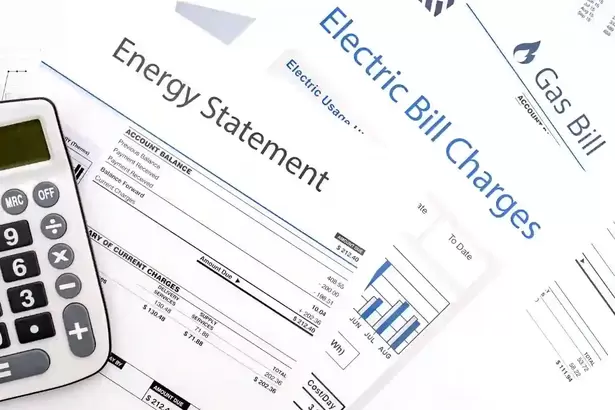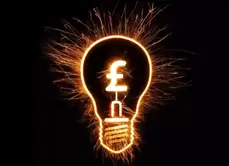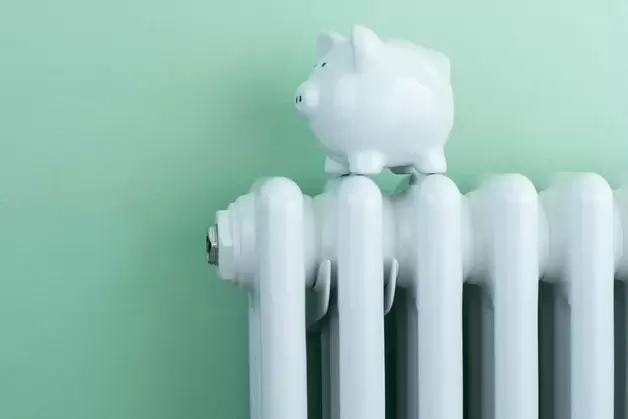Bulb Energy Review
Save £££ on your energy bills |
|
Bulb Energy is the energy market’s hipster provider.
Founded in April 2015 by Hayden Wood and Amit Gudka, two former energy industry workers, the Brick-Lane-based supplier promises to cuts your bills and provide 100% renewable electricity. SEE HOW BULB COMPARES TO THE REST OF THE MARKET Sound too good to be true? The ‘lightbulb moment’ for the two entrepreneurs came when they realised renewable energy didn't have to be as premium as people thought. A YouGov survey they commissioned found that three in four people wanted to switch to renewable, but that only one in one hundred homes had chosen a 100 percent renewable supplier. In response, the pair launched Bulb Energy. But does Bulb do enough to convince you to switch? And can it deliver on its promises? Scroll down to find out. (Jump right in by comparing Energy prices for Bulb on A Spokesman Said now). |
|
|
Is Bulb Energy cheap?
Bulb Energy stacks up well on price in our review. The company claims to be the cheapest provider of 100% renewable electricity, and that you could save up to £250 switching to them. In London, Bulb says the average dual fuel tariff from the Big Six costs between £1,118 (Scottish Power) and £1,196 (Npower), but that Bulb's tariff is just £852 (as of August 2017). That means you could save between £266 and £344 a year, on average. When we entered the details for a four-bedroom house in London, we got a quote for £1,044. It's certainly gone up in the last six months, but is still not too bad considering it's a 100% renewable electricity tariff; over £1,000 is par for the course! But if you couldn’t care a jot about eco-friendly energy, you could still save more switching to one of the market’s cheapest deals, which typically cost around £850. Bulb Energy tariffs Bulb has one tariff, called Vari-Fair. This simple, dual fuel tariff for gas and electricity is variable and doesn’t charge exit fees. The tariff isn’t fixed, meaning prices could go up and down, and could leave you exposed to any jumps in wholesale energy costs. Wholesale energy costs make up around 40% of energy bills; when they go up, so do your bills. With prices expected to rise this winter, this is something to keep in mind. Read our red-hot guide: 8 tricks to save money on gas and electricity. Is Bulb Energy’s customer service any good? As we mentioned earlier, Bulb plans to answer the phone in just 8 seconds. When we called Bulb’s London based team (they’re on 0300 30 30 635), it took 24 seconds to get through to an operator. Not quite 8 seconds, but not too shabby. The tricky thing is that Bulb is too small and too young for their to be any meaningful stats about its customer service. It’s difficult to say how good its service really is. As with other smaller suppliers, like Extra Energy, the fear is that as Bulb adds customers, service quality will go down the pan. Need more help? Read: common energy complaints and how to solve them. SEE HOW MUCH YOU CAN SAVE WITH BULB IN ONE SEARCH |
|
|
Bulb Energy green credentials
Bulb’s electricity is, as you would expect, 100% renewable (after all, it’s the company’s unique selling point). So if you're looking to choose a green energy tariff, Bulb might be the supplier for you. Alternatively, you could check our Green Star Energy review for other green suppliers. Electricity is supplied from three hydropower sites, including Llyn Brenig in Wales, and Bulb is looking at generating more power from wind turbines. On the flip side, only 10% of its gas is renewable, sourced from biomethane – the gas produced from organic matter or sewage. Admittedly, 10% is still 100 times the national average, but how does it stack up against Bulb’s eco-friendly rivals? Well, they tend to vary when it comes to renewable gas. Ovo Energy and Green Star, for example, don’t use any, whilst Green Energy claims to source 100% of its gas from renewables. Unsurprisingly, considering the high cost of extracting renewable gas, Green Star tariffs cost £1,075 on average - roughly £300 more than the market’s cheapest deals. In February 2016, Bulb topped a MoneySavingExpert table of the cheapest green suppliers. So if you want to cut your carbon footprint, but don’t want it to cost the Earth, Bulb are worth considering. The supplier has earned Certified Corporate B status – a title awarded to firms around the world whose business models attempt to tackle social and environmental problems. It’s also worth noting Bulb is a Living Wage employer. |
|
|
FREEEEEDOM! Switch to Bulb Energy and they will pay your exit fees
In a really bold move, Bulb promises to pay any exit fees you incur if switching to them. In its blog, Bulb likens the offer to William Wallace's cry in Braveheart: All you have to do is send the company a photo or scan of the final bill from your old supplier. If you’re already with Bulb, and you convince a friend to sign up, you can both get £50. Bulb is ready to throw wads of cash at you to switch. Get your wheelbarrow out and see what you can get by comparing Energy prices online. Bulb Energy online account and community The Bulb Community is an online group where customers can have an input in how the company is run, as well as asking questions about their specific account. Users are invited to share Bulb horror stories and even offer recommendations on how the website works. LIKE THE SOUND OF BULB? HAVE A LOOK AT THEIR PRICES A Spokesman Said’s verdict Pros: * Eco-friendly energy at an affordable price * One simple tariff * Community focus * No exit fees Cons: * Variable tariff won’t protect customers from expected rises in wholesale costs * Jury is still out on robustness of customer service |
|
You could save up to £497 on your energy bills! |




